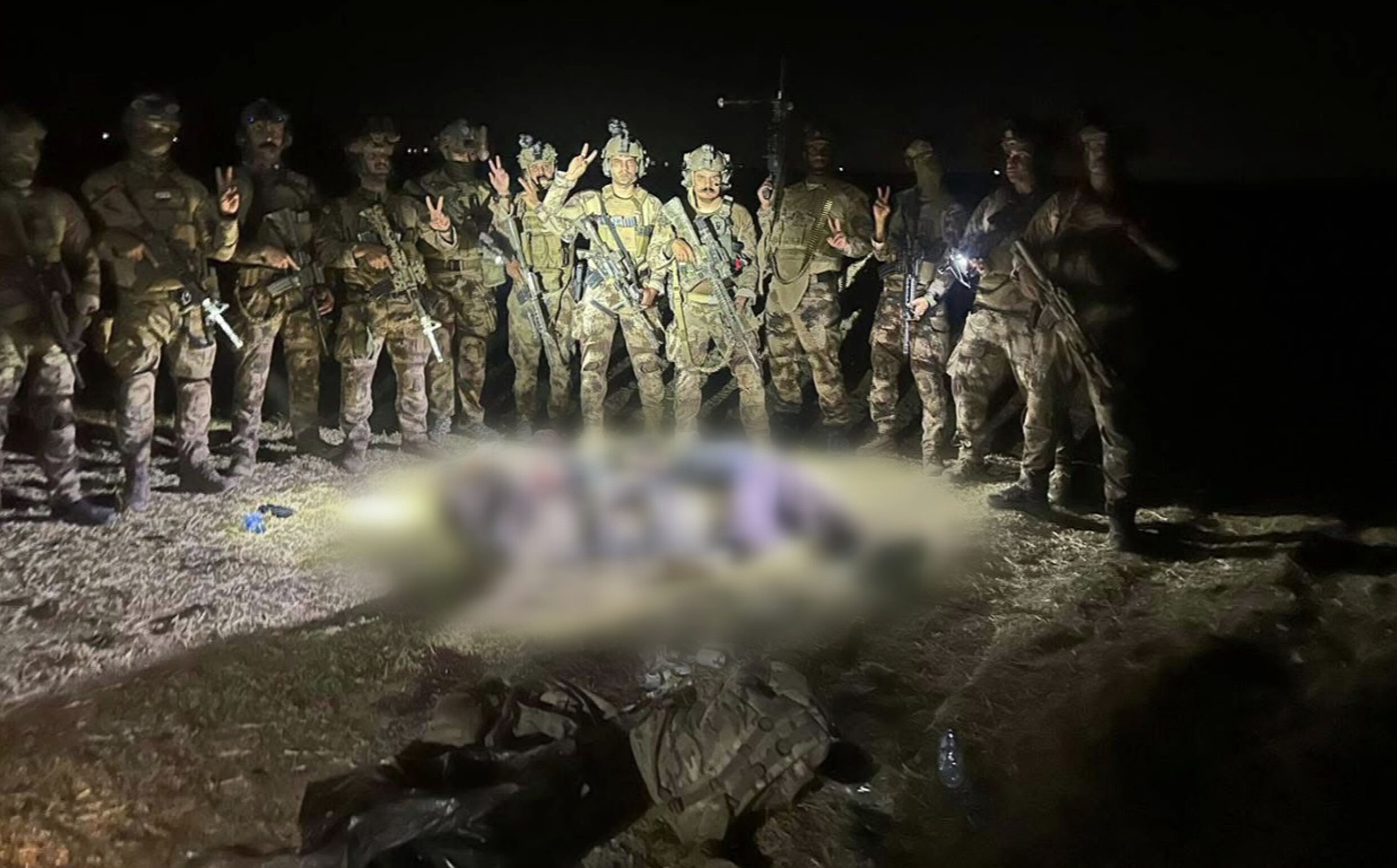Iraq’s Counter-Terrorism Service killed two senior ISIS militants, including the group’s appointed governor for Riyadh town, during a precision ambush operation in Kirkuk’s Zghaytun Valley on Wednesday following four days of intelligence gathering and surveillance.
Precision Operation Targets High-Value ISIS Leadership
The Iraqi Counter-Terrorism Service (ICTS) successfully eliminated two high-ranking ISIS operatives during a carefully planned ambush in the rugged Wadi Zghaytun area of southwestern Kirkuk province. The operation represented the culmination of four days of intensive monitoring and intelligence gathering by counter-terrorism forces.
According to official ICTS statements, the operation targeted specific individuals who had been under surveillance following detailed and reliable intelligence reports about their activities and whereabouts. The security forces established a “tight ambush” in the valley, which is known for its challenging terrain and has historically served as a refuge for militant groups operating in the region.
The operation resulted in the deaths of both targets, with one identified as the ISIS-appointed Wali (governor) responsible for administering Riyadh town and its surrounding areas in southern Kirkuk province. The second militant served as the local military commander for ISIS operations in the region, indicating the significant leadership roles both individuals held within the terrorist organization’s remaining structure.
During the firefight, Iraqi forces also seized various weapons, military equipment, and technical materials from the militants. The ICTS released photographs purportedly showing the bodies of the killed ISIS fighters at the scene, demonstrating the successful outcome of the precision operation.
Ongoing ISIS Threat Despite Territorial Defeat
Despite suffering territorial defeat in Iraq in 2017 and the collapse of its so-called “caliphate,” ISIS continues to pose significant security challenges across multiple Iraqi provinces. The group has adapted its tactics from conventional territorial control to guerrilla-style operations, conducting hit-and-run attacks, bombings, and abductions throughout regions experiencing security vacuums.
The terrorist organization initially rose to prominence during its brazen 2014 offensive, when it seized vast territories across Iraq and Syria, declaring a self-proclaimed caliphate. While officially declared territorially defeated in both countries by 2019, ISIS remnants have maintained operational capabilities, particularly in areas situated between federal government control and the Kurdistan Region.
Kirkuk, Diyala, and Salah al-Din provinces remain primary areas of ISIS activity, where the group frequently targets local security forces, infrastructure, and civilian populations. These provinces, characterized by complex demographic compositions and disputed territorial status, provide operational opportunities for terrorist cells to exploit security gaps and establish temporary safe havens.
Recent international operations have demonstrated continued coordination between Iraqi forces and international partners in combating ISIS remnants. Earlier this month, the US military reported that joint operations with Iraqi forces resulted in the arrest of an ISIS leader and the elimination of two additional operatives, highlighting the ongoing nature of counter-terrorism efforts.
Regional Counter-Terrorism Coordination
The successful Kirkuk operation occurs within the broader context of regional efforts to combat ISIS affiliates and prevent the group’s resurgence. Syrian authorities have recently intensified crackdowns on ISIS-connected networks following the deadly terrorist attack on Mar Elias Church in Damascus, which killed 25 worshippers and injured 63 others during Sunday mass services.
Multiple suspects connected to the Damascus church attack have been arrested as Syrian security forces work to dismantle ISIS networks operating within their territory. This coordinated regional approach reflects the understanding that ISIS threats transcend national boundaries and require sustained, collaborative counter-terrorism efforts.
The elimination of senior ISIS leadership figures in Kirkuk represents a significant tactical victory for Iraqi security forces and demonstrates the effectiveness of intelligence-driven operations in combating terrorist networks operating in challenging terrain and security environments.


